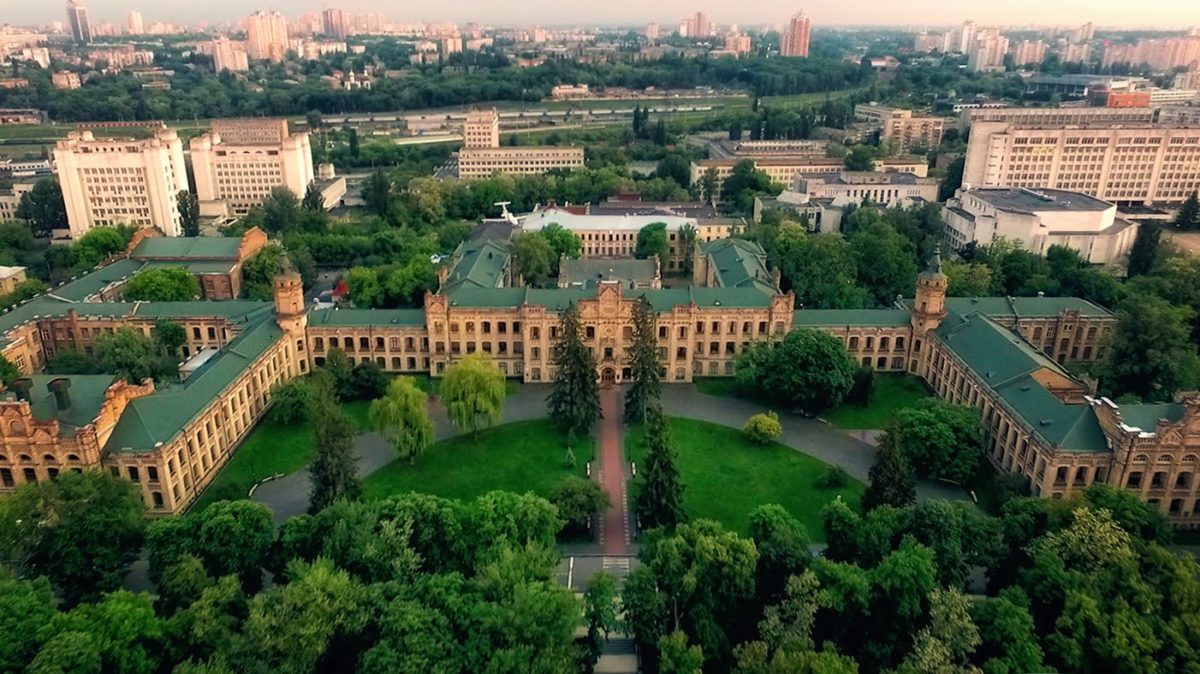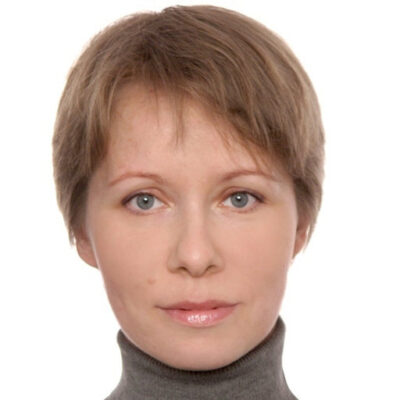[See the original cfp]
Education and science are strategically important areas for Ukraine today as powerful resources for the renewal and reconstruction of a post-war educational system. Therefore, international experience and expertise have become an invaluable source of ideas and approaches.
The roundtable discussion ‘Sustaining Teaching in Response to a Current Crisis: A Global Initiative for Teacher Professional Development’ provided a unique opportunity for debate, the sharing of knowledge and ideas, and the showcasing innovative strategies and resources on a range of issues. The roundtable discussion was aimed at bringing together practitioners, policymakers, education sector leaders and teachers, and researchers working in education in emergencies or crisis settings to brainstorm ideas and stimulate discussion. The objectives of the roundtable were as follows:
- to share beneficial practices, approaches, and tools for teachers in crisis and displacement contexts;
- to outline challenges and suggest solutions;
- to engage teachers and policymakers in the discussion about practices, resources, policy, and research to develop an action-oriented plan for improving the quality of teaching; and
- to bring out and promote outcomes of the roundtable to empower teachers in crisis context to support their learners.
The forum was a rich event, dealing with a wide variety of practical approaches and insights. It brought together educators and scientists from Polytechnic University of the Philippines, Cyprus University of Technology, Aristotle University of Thessaloniki and Hellenic Open University (Greece), Norwich Institute for Language Education (England), University of Valencia (Spain), Federal University of Espirito Santo (Brazil), Institute of Pedagogical and Adult Education, National Academy of Educational Sciences of Ukraine, and the National Agency for Higher Education Quality Assurance (Ukraine).
The representatives of the Polytechnic University of the Philippines, Dr Daizylyn Caan Palillo and Prof. Danting, outlined the keys educational strategies that were developed to educate MA students majoring in Teaching in Challenged Areas, co-funded in collaboration with the Erasmus+ Programme of the European Commission. The programme curriculum covers six courses:
- Understanding the context of challenged areas
- The profile of a teacher in marginalized areas
- Creating an inviting and workable learning climate in challenged areas
- Teaching, learning and assessment in challenged areas
- Creating relevant and appropriate teaching materials for challenged areas, and
- Creating a collegial teaching and learning community reaching out to a global reality.
The most important insights, in terms of the Ukrainian context, were to shift the narratives from the problem description to the problem solution, strengthening the teachers’ motivation to carry out their mission in challenging areas and times, and sharing strategies for creating a safe learning environment.
Dr Anna Nicolaou, from the Cyprus University of Technology, highlighted that, in times characterized by disruption and uncertainty, due to health and war crises, there is a need for global collaboration in ensuring education is sustained. Virtual exchange has been implemented for the last decades in various educational contexts to promote the interaction of geographically dispersed individuals. In this talk, Dr Nicolaou focused on how virtual exchange could meet the current demand for supporting professional development and empowering teachers in response to the new teaching contexts that had emerged.
The successful integration of digital educational technologies in the educational processes and well-organized online teaching allowed us to resume studying at university; however, we have to work with limited resources and in mixed-ability groups. Therefore, our colleagues gave us valuable recommendations and shared the resources. Dr Maria Perifanou (Aristotle University of Thessaloniki, University of Macedonia, Hellenic Open University, Greece) pointed out the benefits of applying open educational resources (OER) to ensure the quality of online educational materials. She mentioned that the quality of education could be improved by increasing the availability of educational resources and tools and using the collective theoretical and practical minds of the educational community to support the idea of open education. Restrictions on access to information and giving teachers and students limited access to educational materials, tasks and processes reduce motivation. That is the added value of OER.
Experts in language education from Norwich Institute for Language Education (NILE) focused on finding solutions to the problem of teaching with limited resources and opportunities to create them. Educators suggested the digital platforms and materials developed by NILE and carried out a short instruction on their application. Challenges and perspectives of remote teaching and integration of hybrid learning approach were presented by Dr Ana Sevilla Pavón (University of Valencia, Spain) and Dr Kyria Rebeca Finardi (Federal University of Espirito Santo, Brazil). Educators carried out an empirical study on students’ reflections on remote teaching. Among benefits, experts identified the development of speaking skills and learners’ autonomy. Loss of motivation and teachers’ disorganization were mentioned as challenges. Dr Pavón and Dr Finardi shared their insights, strategies and lessons learned from the period of remote teaching.
Having debates on sustaining the teaching process, we touched on the problem of higher education quality assurance in a time of war. The invited expert Prof. Avshenyuk, a member of the National Agency for Higher Education Quality Assurance, addressed the issues of the provision of quality educational services by Ukrainian higher education institutions, which is primarily due to the need to train highly qualified specialists for the revival and reconstruction of our country in the postwar period; the consolidating and strategic role of the National Agency for Quality Assurance in Higher Education in strengthening Ukraine’s position in the international educational space; the strategic initiatives of the National Agency for the Development of External Quality Assurance in Higher Education in Ukraine, reflected in the National Action Plan for External Quality Assurance in Higher Education for the period 2022–2023.
The guest speakers and participants proposed a resolution of the roundtable for consideration. It included several proposals for the development of comprehensive cooperation in the area of education in challenging times. The key message transmitted to the Ukrainian audience is that universities must create a safe learning environment to raise critical awareness and media literacy, communicate core values and educate for sustainability. In particular, the resolution suggested:
- combine resources of expert communities and Ukrainian teachers’ community for the development of joint educational strategies, projects and virtual exchange programmes;
- develop strategies and integrate digital technologies to assure personalized learning and a student-centred approach, increase motivation and support inclusiveness, while teaching internally displaced students;
- promote the philosophy of open education and extend the experience in applying and creating open educational resources; and
- provide comprehensive to support continuous professional development for educators of Ukraine by providing workshops and training programmes to sustain the quality of the educational process.
We express sincere gratitude to experts for their ideas and proposals. The roundtable discussion was a remarkable opportunity to remind the international community that education is a powerful tool to oppose the war and ensure future global prosperity and sustainability. By uniting our mutual efforts and potentials, we contribute to the development of the young generation who will promote and enhance internationalisation, innovations and democracy.



